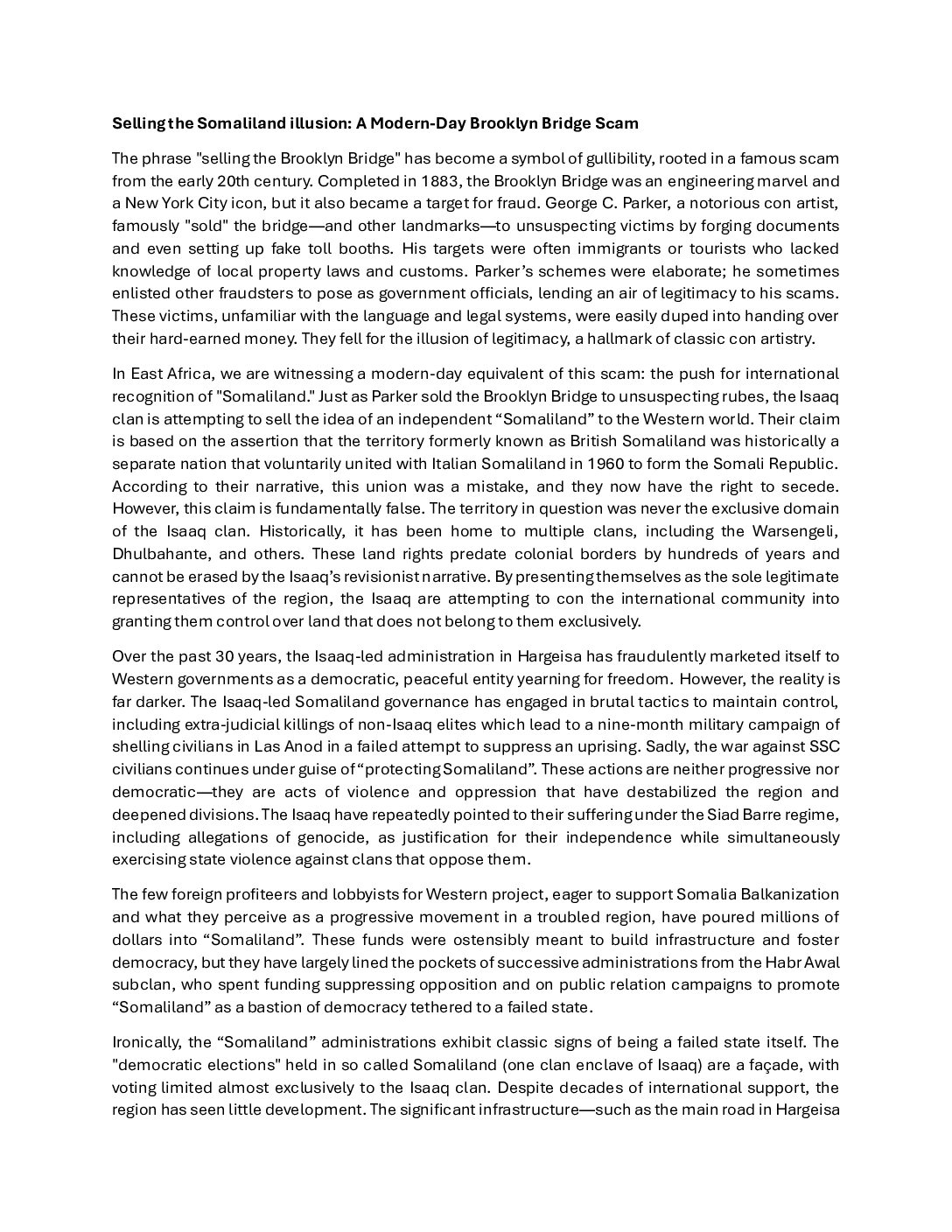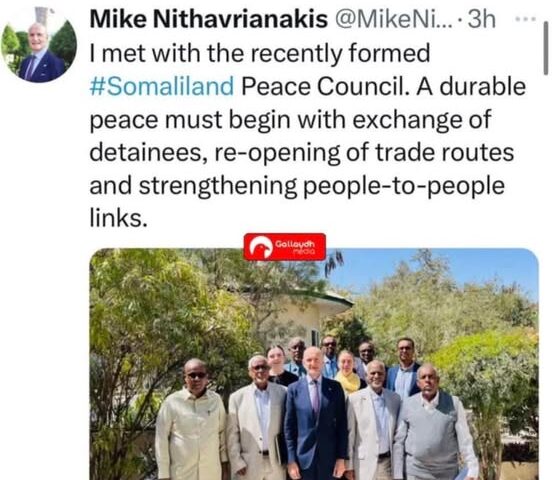Egypt and Sudan have doubled down on their resistance to the freshly signed Nile River Basin Cooperative Framework Agreement (CFA), marking a new chapter in the long-standing regional struggle over water resources. Now accepted by six upstream countries, the CFA formally entered into effect on October 13, increasing the rift between Nile Basin states.
Cairo and Khartoum, traditionally the most powerful participants in the Nile Waters discussion, released a joint statement following the Egyptian-Sudanese Permanent Joint Technical Commission for the Nile Waters (PJTC) meeting in Cairo on October 11-12. Their message was unequivocal: the CFA’s ratification undermines the region’s delicate equilibrium. The two states advocated for reviving the 1999 Nile Basin Initiative (NBI), calling for an inclusive framework that prohibits unilateral measures by upstream countries. “The six-state commission based on the incomplete CFA cannot represent the interests of the entire Nile Basin,” the statement added.
The statement highlighted that the CFA’s creation of the new six-member Nile River Basin Commission fails to adequately represent the interests of all riparian states. “This is not an accord that can speak for the entire Nile Basin,” the PJTC said, casting doubt on the legality of the new entity.
The CFA’s ratification by Ethiopia, Kenya, Tanzania, Rwanda, Burundi, and Uganda has set the scene for increasing regional conflicts. While the deal attempts to form the Nile River Basin Commission to monitor fair water sharing, the essence of Egypt and Sudan’s criticism is clear: they consider the CFA a direct challenge to historical water rights established under the 1929 and 1959 colonial-era treaties. Nile River Agreements, which distribute the bulk of Nile flows to Egypt and Sudan, remain enforceable under international law.
Egypt’s rejection of the CFA is founded on its dependence on the Nile for 98% of its water supply. President Abdel Fattah Al-Sisi reiterated this during his recent address at the Cairo Water Week, emphasizing that water security is Egypt’s top concern. “We cannot afford to lose a single drop of water,” he stated, emphasizing the country’s worries about the development of Ethiopia’s Grand Renaissance Dam—a massive hydroelectric venture that has become a national emblem of modernity and independence. However, the project constitutes an existential danger for Egypt and Sudan, limiting their authority over a river they’ve relied on for millennia.
The CFA’s ratification by upstream governments, notably Ethiopia, Rwanda, and Kenya, has created an avalanche of political and geopolitical repercussions. Ethiopia regards the CFA and the dam as crucial for its economic growth, but Egypt has built partnerships with other African governments, particularly Somalia, to offset Ethiopia’s influence.
Meanwhile, Ethiopia’s Prime Minister Abiy Ahmed has praised the CFA’s ratification as a historic step towards a more equal sharing of the Nile’s riches. “We stand united in our vision for sustainable development, where all Nile Basin countries benefit,” Abiy stated earlier this year. His remarks, however, have not soothed the rising concern downstream.
The larger geopolitical consequences of the Nile issue are also clear. In August, Cairo and Mogadishu struck a military cooperation deal to oppose Ethiopia’s dominance in the Horn of Africa. Somalia has welcomed Egypt’s offer to deploy soldiers as part of the African Union operation to Support Stabilization in Somalia (AUSSOM), which will replace the departing ATMIS operation in December.
This development followed a trilateral conference in Asmara, Eritrea, when Somali, Egyptian, and Eritrean officials committed to increasing security cooperation. Egypt’s increased military engagement in Somalia, including weaponry supplies and troops, is regarded as a counter to Ethiopia’s regional power, especially after Ethiopia signed an MoU to access Somaliland’s coastline for a naval facility. Ethiopia has raised worries about Egypt’s engagement in Somalia, believing it may destabilize the area and jeopardize its own strategic interests, notably access to the Red Sea and the Grand Ethiopian Renaissance Dam (GERD).






